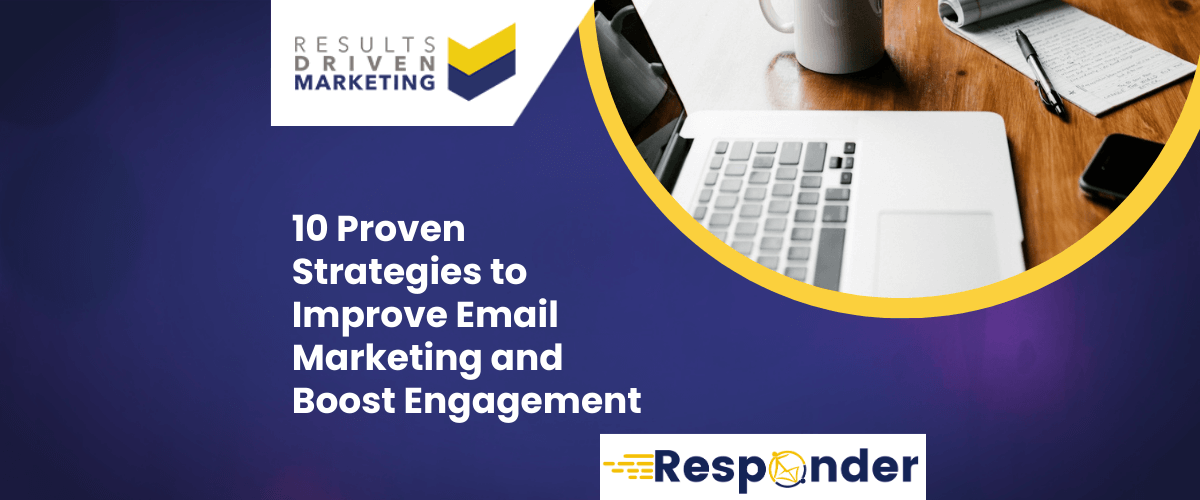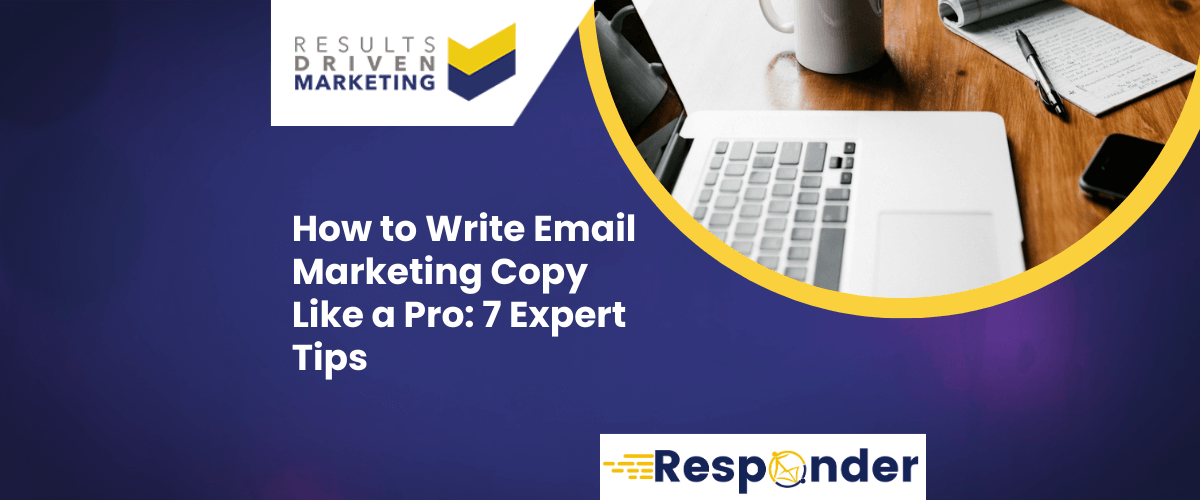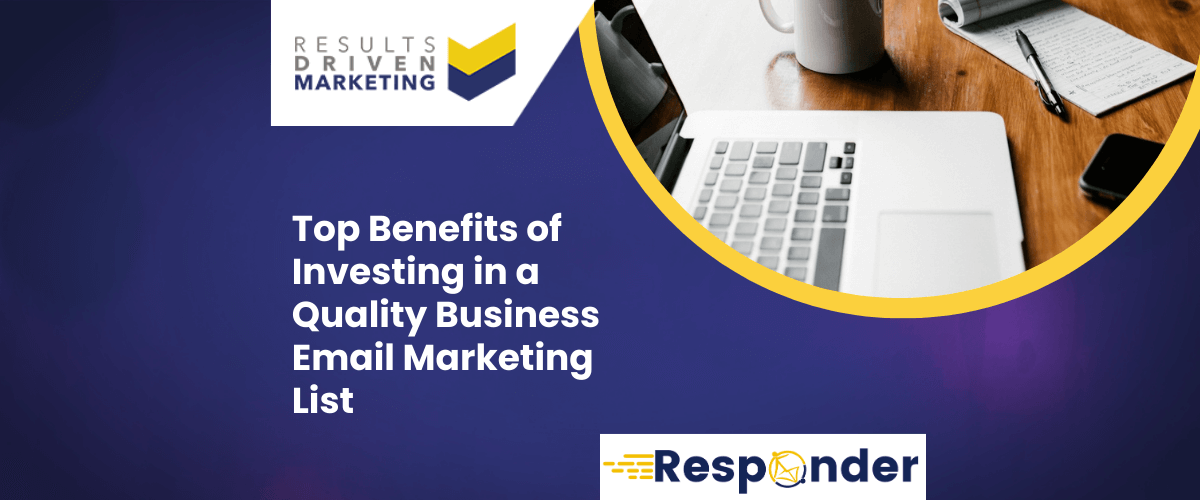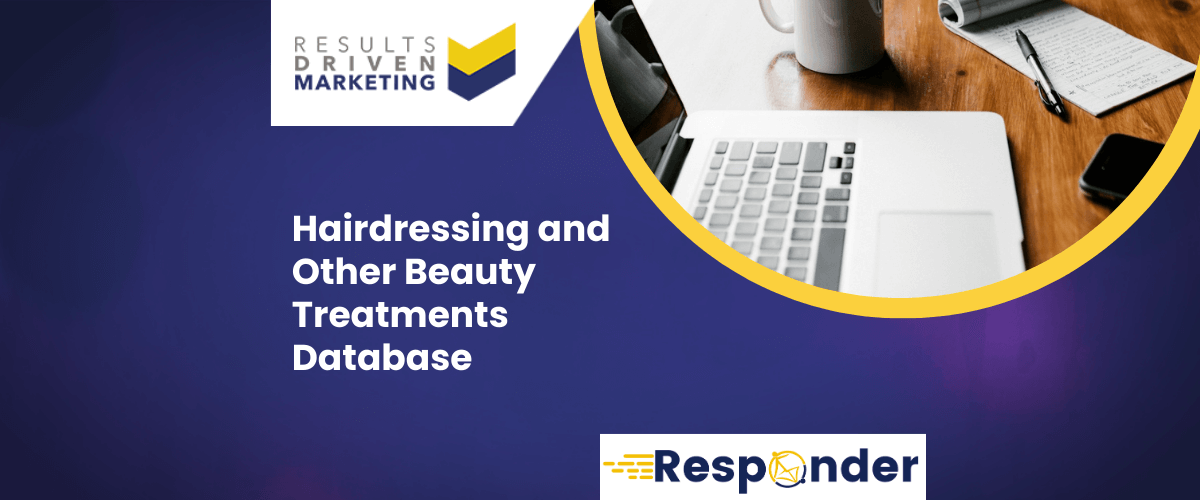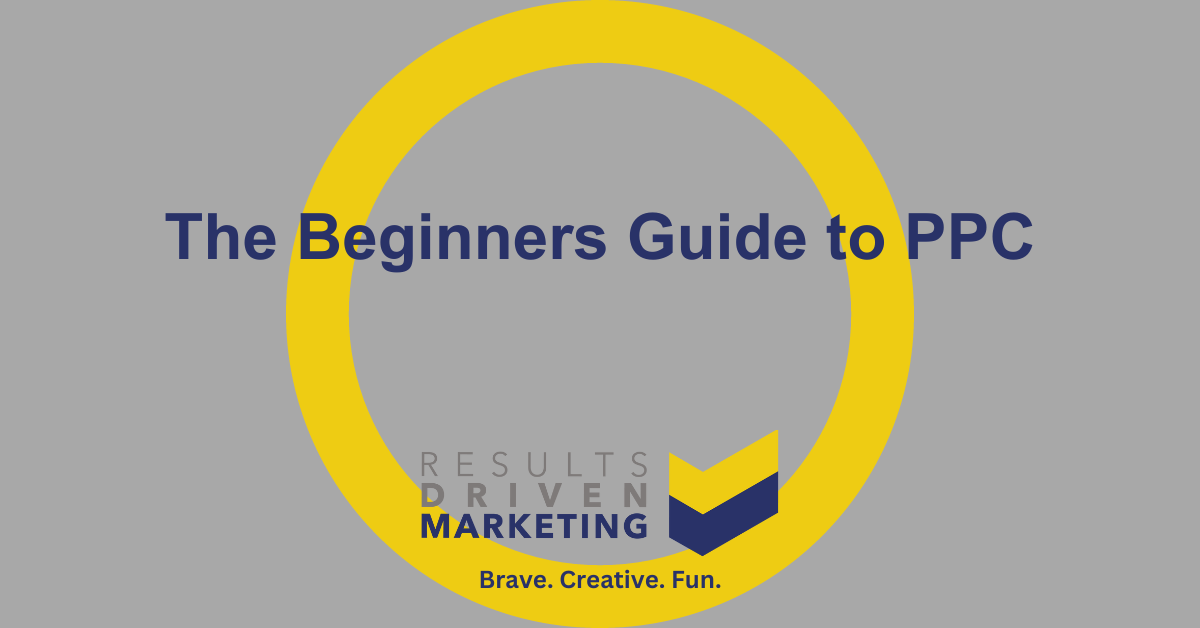
The Beginners Guide to PPC
In today’s digital-driven marketplace, a beginners guide to PPC (Pay-Per-Click) is an invaluable resource for anyone looking to dive into the world of online advertising.
PPC, a cornerstone of digital marketing, offers businesses a unique opportunity to place their brand directly in front of potential customers at the precise moment they’re searching. This guide aims to demystify the intricacies of PPC, providing newcomers with a solid foundation to launch effective campaigns and achieve a robust return on investment.
Whether you’re a budding entrepreneur, a small business owner, or simply curious about the world of online ads, this beginner’s guide is your ticket to understanding and mastering PPC.
Table of contents:
What is PPC? (Pay-Per-Click)
Dive right in, and let’s unravel this term that’s been buzzing around the digital marketing sphere. PPC, or Pay-Per-Click, is, in its simplest form, a model of online advertising where advertisers pay a fee each time their ad is clicked on.
Think of it as buying visits to your site, rather than attempting to earn those visits organically. It’s a straightforward approach: you pay for the ad spot, and in return, you get potential customers directly to your site.
The Ultimate Guide to Pay-Per-Click Advertising
So, you’ve heard of PPC, but you’re not entirely sure how it fits into the grand scheme of digital marketing? Well, you’re in the right place. This is your go-to guide, your roadmap, if you will, to understanding the vast landscape of Pay-Per-Click advertising.
From the nitty-gritty details to the broader strategies, we’ll delve deep, ensuring you come out with a robust understanding.
What is PPC marketing?
Now, let’s get a tad more specific. PPC marketing is the strategic use of pay-per-click initiatives to market a business’s products or services.
It’s not just about paying for clicks; it’s about ensuring those clicks are worth the investment. It’s a blend of art and science, requiring creativity for compelling ads and data-driven strategies to ensure optimal ROI.
Understanding PPC’s Significance
Why is PPC Important?
In the ever-evolving world of digital marketing, PPC stands tall as one of the most effective tools in a marketer’s arsenal. But why? Firstly, it offers rapid results. Unlike organic strategies, which can take months to show results, PPC campaigns can be set up in a matter of hours and start driving traffic almost immediately.
Moreover, with PPC, you have complete control over your budget, target audience, and even the times your ads are displayed. It’s precision marketing at its finest.
Why use PPC marketing?
The answer is multi-faceted. PPC marketing not only boosts visibility but also offers a higher ROI compared to some other marketing strategies. It’s scalable, meaning you can start small and grow your campaigns as you see results.
Plus, with the wealth of data available, you can continuously refine and optimize your campaigns, ensuring you reach the right audience with the right message at the right time.
Why use PPC?
In a world where digital real estate is at a premium, PPC ensures you get prime spots on search engines and other digital platforms. It’s not just about visibility; it’s about getting in front of the right audience when they’re most likely to convert.
Whether you’re a startup looking for brand exposure or an established business aiming to boost sales, PPC offers a flexible solution tailored to your needs.
The Mechanics of PPC
How does PPC advertising work?
Alright, let’s get down to the brass tacks. Imagine a bustling digital marketplace, with countless ads vying for attention. How do some ads get prime spots while others languish in obscurity? Enter PPC advertising. In this model, advertisers bid for ad placement in a search engine’s sponsored links.
When someone searches for a keyword related to their business offering, their ad might show up in the top spot. If the ad gets clicked, the advertiser pays a small fee. Simple, right? But there’s more to it than meets the eye.
How Does PPC Work?
You might be thinking, “Didn’t we just cover this?” Well, yes and no. While the basic premise remains the same, the intricacies of PPC are vast. Each time an ad is clicked, sending a visitor to the website, the advertiser pays the search engine a small fee.
The beauty of it? If your PPC campaign is well-designed, that fee will be trivial. Why? Because the visit is worth more than what you pay for it. In essence, it’s a game of spending a little to gain a lot.
How PPC works in Google Ads
Google Ads, the behemoth in the PPC world, operates on an auction system. Advertisers bid on specific keywords, and when those keywords are searched, Google looks at all the bids and selects a set of winners. These winners then appear in the valuable ad space on its search results page.
But it’s not just about the highest bid. Google also considers the quality and relevance of the ad, ensuring users get relevant ad content.
How does PPC marketing work?
Diving a tad deeper, PPC marketing isn’t just about setting up ads and waiting for clicks. It’s a strategic endeavor. From selecting the right keywords, crafting compelling ad copy, to setting up optimised landing pages, every step is crucial. And the results? Immediate traffic, brand exposure, and a treasure trove of data to refine future campaigns.
Types of PPC
Now, let’s broaden our horizons a bit. PPC isn’t a one-size-fits-all model. There are various types to explore:
Search Ads:
These are the ads that appear when you punch in a query on search engines. They’re relevant, timely, and oh-so-effective.
Display Ads:
Think of these as the billboards of the digital world. They appear on websites and come in various formats – banners, interstitials, and more.
Social Media Ads:
Platforms like Facebook and LinkedIn offer their own version of PPC ads, tailored to their audience.
Remarketing/Retargeting Ads:
Ever felt like an ad is following you around? That’s remarketing for you. It targets users who’ve interacted with your brand, nudging them towards conversion.
Shopping Ads:
Ideal for e-commerce businesses, these showcase products directly in search results.
Diving Deeper into PPC
What are Google Ads?
Let’s kick things off with a name you’ve probably heard a time or two: Google Ads. But what’s all the buzz about? Well, Google Ads is the kingpin of online advertising. It’s a platform where businesses can display their ads on Google’s network. Think of it as a digital billboard, but way more sophisticated.
With Google Ads, you’re not just shouting into the void; you’re strategically placing your message in front of folks who are genuinely interested. It’s like having a conversation with someone who’s already keen on what you’re offering. Neat, right?
How to Start PPC Marketing
Alright, so you’re sold on the idea of PPC, but where do you begin? Starting with PPC marketing isn’t about diving headfirst without a plan. It’s about:
- Setting Clear Objectives: What do you hope to achieve? More traffic? Conversions? Brand awareness?
- Budgeting Wisely: Decide on a budget that doesn’t break the bank but is enough to see tangible results.
- Choosing the Right Platform: More on this in a bit.
- Crafting Stellar Ad Copy: Your ad should resonate, captivate, and motivate.
- Monitoring and Tweaking: PPC isn’t a set-it-and-forget-it deal. Regularly review and refine.
PPC Platforms
While Google Ads might be the big kahuna, it’s not the only fish in the sea. There’s a whole world of PPC platforms out there, each with its own flair:
- Bing Ads: Microsoft’s answer to Google Ads. Often overlooked, but with a significant audience.
- Facebook Ads: Perfect for businesses looking to tap into the social media crowd.
- LinkedIn Ads: Ideal for B2B marketing and professional networking.
- Twitter Ads: Short, snappy, and to the point. Great for real-time marketing.
Essential PPC tools
Venturing into the PPC realm without the right tools is like sailing without a compass. Here are some essentials to keep in your toolkit:
- Keyword Planners: To find those golden keywords.
- Ad Builders: For crafting those eye-catching ads.
- Analytics Tools: To keep track of how you’re doing.
- Bid Management Tools: To ensure you’re getting the most bang for your buck.
How to do PPC with Google Ads
Diving into Google Ads? Here’s a step-by-step to get you started:
- Set Up Your Account: A straightforward process, but crucial.
- Choose Your Keywords: Use tools like Google’s Keyword Planner.
- Set Your Budget: Decide on a daily or monthly cap.
- Craft Your Ads: Make them relevant and engaging.
- Monitor and Adjust: Regularly check in to see how your ads are performing.
How to do effective PPC keyword research
Keywords are the backbone of PPC. Here’s how to nail your research:
- Understand Your Audience: What are they searching for?
- Use Keyword Tools: They’ll offer suggestions and insights.
- Look at Competitors: What keywords are they targeting?
- Prioritise Relevance: It’s not just about volume; relevance is key.
Managing your PPC campaigns
Once you’ve set sail, managing your PPC campaigns is about steering the ship:
- Regularly Review Performance: Are you meeting your objectives?
- Adjust Bids: Ensure you’re not overspending or underspending.
- Refine Keywords: Drop underperformers and test new ones.
- Test Ad Copy: A/B testing can reveal what resonates best.
Get started with PPC
Eager to dive in? Remember, starting with PPC is about laying a solid foundation. Understand your objectives, set a budget, choose your platforms, and craft compelling ads. And always, always keep learning.
How to start with PPC marketing
Sounds similar to the above, doesn’t it? But here’s the thing: starting with PPC marketing is also about mindset. It’s about embracing the ever-evolving digital landscape, being ready to adapt, and having the tenacity to keep going, even when things get tough.
How to optimise your PPC campaigns
Optimisation is the name of the game. It’s about:
- Understanding Data: Dive deep into analytics.
- Refining Targeting: Ensure you’re reaching the right audience.
- Improving Ad Quality: Better ads can lead to lower costs.
- Testing, Testing, Testing: Never rest on your laurels. Always test.
What are the advantages of beginner’s guide to ppc?
Ah, the allure of a beginner’s guide to PPC. It’s like having a roadmap in a city you’ve never visited. Here’s why diving into a beginner’s guide can be a game-changer:
- Solid Foundation: It lays down the basics, ensuring you’re not building your PPC knowledge on shaky ground.
- Avoid Common Pitfalls: By learning from the experiences of others, you can sidestep those common newbie mistakes.
- Cost-Effective: Understanding the basics can save you from costly errors in your campaigns.
- Confidence Boost: There’s something empowering about knowing you’re on the right track, right from the start.
What are the disadvantages of beginner’s guide to ppc?
But, as with everything, there’s always the flip side. Here’s what you might want to watch out for:
- Not One-Size-Fits-All: Every PPC campaign is unique. A beginner’s guide might not cover specific nuances tailored to your business.
- Risk of Over-reliance: It’s a starting point, not the be-all and end-all. There’s a danger in not seeking out advanced knowledge later on.
- Rapid Changes: The digital marketing landscape is ever evolving. What’s relevant today might be outdated tomorrow.
Evaluating the Idea of a Beginner’s Guide to PPC
Is a beginner’s guide to ppc a good idea?
So, here’s the million-dollar question: Is venturing into a beginner’s guide to PPC worth the effort? Well, imagine setting off on a hiking trail without a map. Sure, you might stumble upon some scenic spots, but there’s also a good chance you’ll get lost. A beginner’s guide is that map.
It provides direction, clarity, and a sense of purpose. But remember, while it’s a fantastic starting point, the real adventure begins when you start exploring uncharted territories beyond the guide. So, in essence, yes, it’s a brilliant idea, but it’s just the beginning of your PPC journey.
What are the key considerations when beginners guide to ppc?
Embarking on the journey of PPC with a beginner’s guide in hand? It’s like setting off on a road trip with a trusty map. But before you rev up the engine, here are some pivotal points to ponder:
- Budget Allocation: How much are you willing to invest? Remember, it’s not just about throwing money at it; it’s about smart spending.
- Target Audience: Who are you trying to reach? Understanding your audience’s demographics, interests, and behaviours can be a game-changer.
- Keyword Research: This isn’t just a buzzword. It’s the backbone of your PPC campaign. Are you using the right tools and techniques?
- Ad Design and Copy: Are your ads compelling enough to click on? A blend of creativity and strategy is key.
- Landing Page Relevance: Once they click, where do they land? Ensure your landing pages are relevant and optimized.
What are the alternatives to beginner’s guide to ppc?
While a beginner’s guide to PPC is undeniably a valuable resource, it’s not the only route on the map. Here are some alternative paths you might consider:
- Professional PPC Courses: Dive deeper with structured courses, often complete with certifications.
- Hiring a PPC Agency: Let the experts take the wheel while you enjoy the ride.
- Webinars and Workshops: Interactive learning experiences can offer real-time insights and answers.
- PPC Tools and Software: Some tools come with tutorials and guides built-in, offering a hands-on approach to learning.
FAQ
How can businesses ensure the accuracy of their PPC strategies?
Ah, accuracy – the cornerstone of any successful PPC campaign. To ensure it, businesses should regularly monitor and analyze their campaign metrics, adjust bids, and refine their target audience based on performance data. It’s a bit like tuning a guitar; regular adjustments keep everything in harmony.
Are there regulations governing the use of content for PPC?
Indeed, there are. Platforms like Google Ads have specific policies in place regarding the content and nature of ads. It’s crucial to familiarize oneself with these to avoid any hiccups or, worse, getting your ads disapproved.
How often should businesses update their PPC strategies?
In the ever-evolving world of digital marketing, staying static is not an option. It’s recommended to review and tweak your PPC strategies at least monthly. However, if you spot any sudden changes in performance metrics, it’s time for an immediate strategy session.
What tools can help in optimising content for PPC?
There’s a treasure trove of tools out there. From keyword research tools like SEMrush and Ahrefs to ad performance analytics with Google Analytics, the right tools can be game changers in optimising your PPC content.
How do different content types compare in terms of PPC efficacy?
Different strokes for different folks, as they say. Text ads might work wonders for one campaign, while display ads or video ads might be the golden ticket for another. It’s all about testing, analysing, and finding what resonates best with your target audience.
Conclusion
Pay-Per-Click (PPC) advertising stands as a cornerstone in the digital marketing arena, especially for beginners looking to make an immediate impact in the online world. This beginner’s guide has unraveled the layers of PPC, shedding light on its intricacies and potentials. For those new to the field, it’s paramount to understand that while PPC offers the allure of immediate visibility and traffic, its success hinges on meticulous planning, precise targeting, and continual optimisation.
Budgeting, keyword selection, ad copywriting, and landing page design all play pivotal roles in ensuring a campaign’s success. But beyond these technicalities, understanding the consumer’s intent and journey is vital. It’s not just about getting the click; it’s about what happens after. Conversion optimisation, tracking, and analysing metrics are equally as crucial as setting up the campaign itself.
Moreover, the ever-evolving landscape of PPC, with emerging platforms and changing algorithms, necessitates a commitment to ongoing learning and adaptability. While starting with PPC might seem daunting, the rewards – in terms of traffic, conversions, and insights into consumer behaviour – can be immense. For beginners, it’s about striking a balance between ambition and patience. As you embark on this PPC journey, remember that every click is not just a potential sale, but a lesson in understanding your audience better. With time, practice, and continual refinement, the world of PPC can open doors to unprecedented digital marketing successes.
Who are we?
Providing b2b database solutions is our passion.
Offering a consultancy service prior to purchase, our advisors always aim to supply a database that meets your specific marketing needs, exactly.
We also supply email marketing solutions with our email marketing platform.
We have the best data of email lists for your networking solutions as well as direct mailing lists & telemarketing lists
A good quality b2b database is the heartbeat of any direct marketing campaign…
It makes sense to ensure you have access to the best!
Call us today on 0191 406 6399 to discuss your specific needs.
Results Driven Marketing
0191 406 6399


